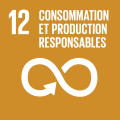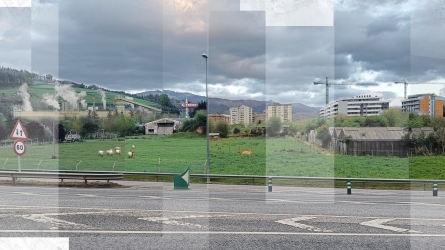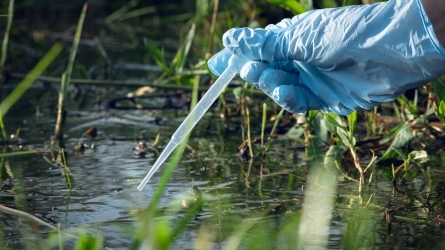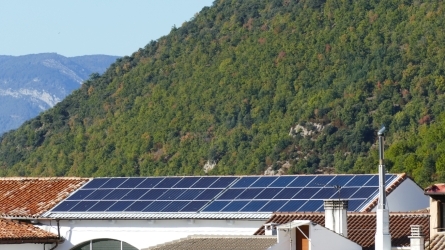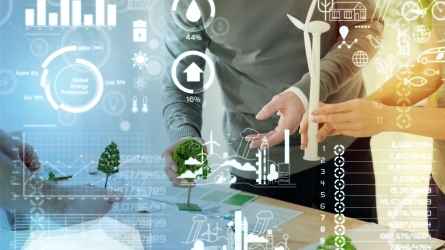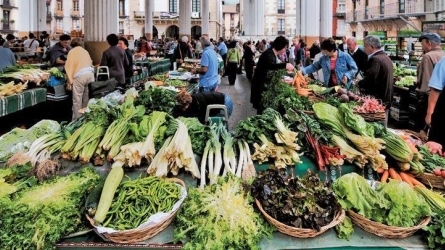
Tokiko Elikadura sistema eraginkor eta eraldatzailea
Description
Uda Ikastaro honen bidez, Analizaremos y conoceremos la importancia de los circuitos cortos y las ventas de proximidad. Veremos los efectos adversos del consumo autóctono y de la época.
Objectives
Zirkuitu laburrak eta hurbileko salmenta eredu ezberdinak ezagutzea.
Elikadura balio katea osatzen duten eragileekin, bertako produktuen kontsumoaz solastea.
Tokiko elikadura sistema ezberdinak ezagutzea.
Gizartearen sentsibilizazioan eragitea eta kanpoko zein bertako proiektu ezberdinak ezagutaraziko ditugu.
Activity directed to
- University student
- Professionals
- All public
Contributors
Program
16-09-2022
Erregistroa
Institutional Opening session. Speaking order:
- Xabier Arruti Olazabal | Gipuzkoako Foru Aldundia - Nekazaritza eta Landa Garapeneko zuzendaria
“Gipuzkoako Azoken Sarea“
- Miren Arantza Madariaga Aberasturi | Elika Fundazioa - Zuzendaria
“Sistemas alimentarios territorializados“
- Daniel Lopez Garcia | Ciudades Agroecológicas
Kafe tartea
Round table: Round table
- Andoni Mikelarena Urdangarin | Biziola-Bizigaia
- Ainhoa Narbaiza Irizar | Erein da Jan
- Iñaki Mendarte | Zopazoka
- Urdaspal Alberdi | Durangoko Azoka
Directors

Yurre Peñagarikano Zubeldia
Urkome
Speakers
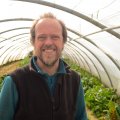
Urdaspal Alberdi

Daniel Lopez Garcia
Daniel López García es doctor en Agroecología, Sociología y Desarrollo Rural Sostenible. Es Científico Titular en el Instituto de Economía, Geografía y Demografía del CSIC, y estrecho colaborador de la Fundación Entretantos. Su campo de trabajo abarca las Políticas Alimentarias Locales y Sistemas Alimentarios Locales de base Agroecológica, Metodologías Participativas para la Transición Agroecológica, la dimensión simbólica y cultural de dichas transiciones, y Redes Alimentarias Alternativas. Ha asesorado a procesos participativos de transición en territorios rurales, en el diseño y coordinación de los procesos de redacción de las estrategias alimentarias de ciudades como Valladolid, Segovia, Zaragoza y Barcelona. y ha sido coordinador de la Red de Municipios por la Agroecología (2017-2021).
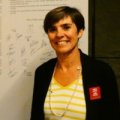
Miren Arantza Madariaga Aberasturi
elika fundazioa
Degree in Law from the University of Deusto, Specialist in Gender Mainstreaming from the University Jaume I of Castellon. General Manager of ELIKA FUNDAZIOA, Basque Foundation for Basque Agri-Food Security from 2016 to the present and therefore member of the Management Committee of the Circular Economy Strategy of the Basque Country, co-responsible for the Circular Food Key Project of the Environmental Framework Plan of the Basque Country and participant in the Strategic Plan for Gastronomy and Food of the Basque Country. Elika Fundazioa has designed and implemented the Basque Strategy against Food Waste. It has created the Basque Platform against Food Waste in more than 100 organisations. Elika Fundazioa supports the Basque agri-food sector in the transition towards a more sustainable food system, following the Farm to Fork Strategy integrated in the Green Deal and the Basque Country 2030 Agenda.
Iñaki Mendarte

Andoni Mikelarena Urdangarin

Ainhoa Narbaiza Irizar
Registration fees
| Face-to-face | Until 16-09-2022 |
|---|---|
| 0 EUR | |
| 0 EUR | |
| 0 EUR | |
| 0 EUR | |
| 0 EUR |
Venue
D`elikatuz
Santamaria-Andre Mari Kalea, 24, 20240 Ordizia, Gipuzkoa
Gipuzkoa
D`elikatuz
Santamaria-Andre Mari Kalea, 24, 20240 Ordizia, Gipuzkoa
Gipuzkoa
Sustainable development goals
Agenda 2030 is the new international development agenda approved in September 2015 by the United Nations. This agenda aims to be an instrument to favour sustainable human development all over the planet, and its main pillars are the eradication of poverty, a reduction in equality and vulnerability and fostering sustainability. It is a unique opportunity to transform the world up to 2030 and guarantee human rights for all.

3 - Good health and well-being
Guarantee a healthy life and foster the well-being of all people of all ages. Key issues: universal healthcare coverage, sexual and reproductive health, reduction in the number of road accident casualties, pollution and chemical products, reduction in maternal and neonatal mortality, the end of epidemics such as AIDS, combating hepatitis and other water-borne diseases, drug and alcohol prevention, control of tobacco.
More information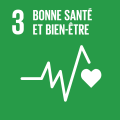
11 - Sustainable cities and communities
Make cities and other human settlements inclusive, safe, resilient and sustainable. Key issues: access to suitable housing and basic services that are secure and affordable, suitable and sustainable transport systems, inclusive urban planning, participative planning and management, protection of cultural and natural heritage, air-quality, green zones, and connections between urban, peri-urban and rural areas.
More information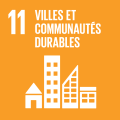
12 - Responsible consumption and production
Guarantee sustainable modalities of consumption and production. Key issues: sustainable management and efficient use of natural resources, reduction of chemical particles released to the atmosphere, water and soils, reduction of waste products, recycling, reuse and reduction, sustainable practices, sustainable public procurement, sustainable lifestyles, rationalisation of inefficient subsidies for fossil fuels.
More information